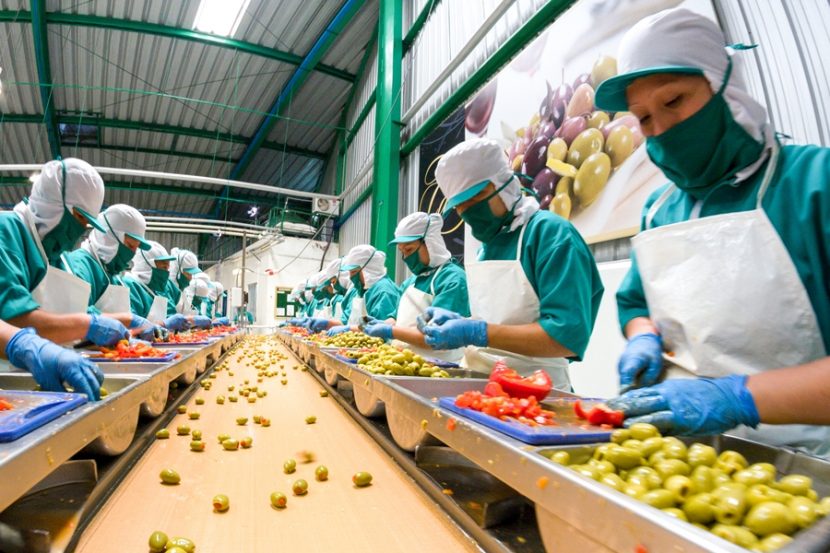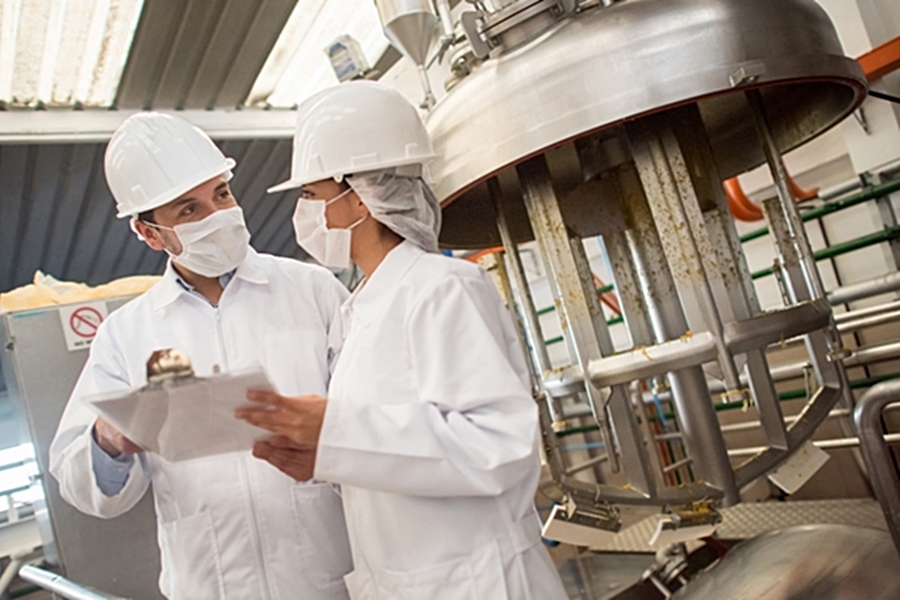Empathy Key to Building a Strong Food Safety Culture
By Joan Martino
Is employee behaviour aligned with better food safety outcomes?
Unquestionably the answer is, “yes!” but it comes packaged along with a range of other important variables, such as policies, procedures, systems, food safety training, compensation and many other elements that are at work within a food organization. Without a doubt, the task of continually adapting to changing demands from external forces, and food safety standards and regulations, is a stressful part of a management or leadership role.
What about associates and workers? Can they be expected to change behaviours and adapt quickly?
In the workplace, organizational behaviour is often driven by circumstance and can also be tied to motivation and skill. It is important to recognize that the elements behind behaviour are not always negative. Many workers entering the marketplace are well ahead of the learning curve with regards to the use of applied technology, and they feel frustrated by working conditions that are behind the times and burdened by many discrete operations. The worker is not always at fault when deadlines are missed, poor quality product is produced or losses occur from scrap and rework imperatives. Continuously blaming them can be a demotivating factor that can negatively affect food safety outcomes.
In the workplace, organizational behaviour is often driven by circumstance and can also be tied to motivation and skill.
Disruptive Forces Show Up
Organizations are currently experiencing some exciting and challenging times, with disruptive forces showing up in everything from technology to new business models, emerging demographics and the race against time. Systems, processes and even job roles and titles are changing to respond to new global markets. Now, more than ever, establishing a strong, unified corporate culture that includes food safety can help employees navigate through the demands of change.
An organization’s culture is its soul. It contains deep-rooted values and beliefs which are not always documented but transpire into the tone in which people interact and get things done.
The GFSI technical working group described culture as “shared values, beliefs and norms that affect mindset and behaviour toward food safety in, across and throughout an organisation.
Influencing Positive Behaviours
Since not every person is motivated by the same things, managers who empathize and get to know their employees have greater success in influencing positive behaviours toward a food safety culture. There are many theories and strategies on organizational behaviour, well worth learning for knowledge in this social area. Human behaviour is complicated and does not always align with the rigidity of compliance in food safety. But people can embrace change when they are engaged, adequately trained and supported through decision making.
Consider the following elements as a starting point for incorporating positive behaviours:
1) Empathize and interact with an understanding of the values that drive behaviour.
2) Recognize the underlying process, risk and product limitations and look to improve them.
3) Facilitate collaboration and feedback for better decision making and alignment
Improve the employee experience and the results will surpass your expectations.
About the Author
Joan Martino is CEO of Quality Supply Chain, a company that provides simplified solutions to address regulatory compliance, supply chain initiatives and audit requirements for multiple industry sectors including food manufacturers, hospitality, retail, warehousing, packaging and equipment suppliers. She has also helped many leading US and Canadian companies integrate their systems with HACCP and GFSI requirements.

-
 FeaturedRisk management
The Cost of a Breach: What a Cyberattack Could Mean for Food Safety Recalls
FeaturedRisk management
The Cost of a Breach: What a Cyberattack Could Mean for Food Safety Recalls
-
 FeaturedRisk management
Securing the Food Chain: How ISO/IEC 27001 Strengthens Cybersecurity
FeaturedRisk management
Securing the Food Chain: How ISO/IEC 27001 Strengthens Cybersecurity
-
 FeaturedRisk management
Revolutionizing Food Safety Training: Breaking Out of the “Check-the-Box” Mentality
FeaturedRisk management
Revolutionizing Food Safety Training: Breaking Out of the “Check-the-Box” Mentality
-
 GFSI Standards
GFSI 2025: Building Trust, Tech-Forward Solutions, and Global Unity in Food Safety
GFSI Standards
GFSI 2025: Building Trust, Tech-Forward Solutions, and Global Unity in Food Safety
-
 FeaturedFood Safety
Integrated Pest Management: Strategies to Protect Your Brand’s Reputation
FeaturedFood Safety
Integrated Pest Management: Strategies to Protect Your Brand’s Reputation
-
 FeaturedFood Safety Culture & Training
No Open Door Policy: Challenges That Impact Pest Control in Food Processing Plants
FeaturedFood Safety Culture & Training
No Open Door Policy: Challenges That Impact Pest Control in Food Processing Plants




